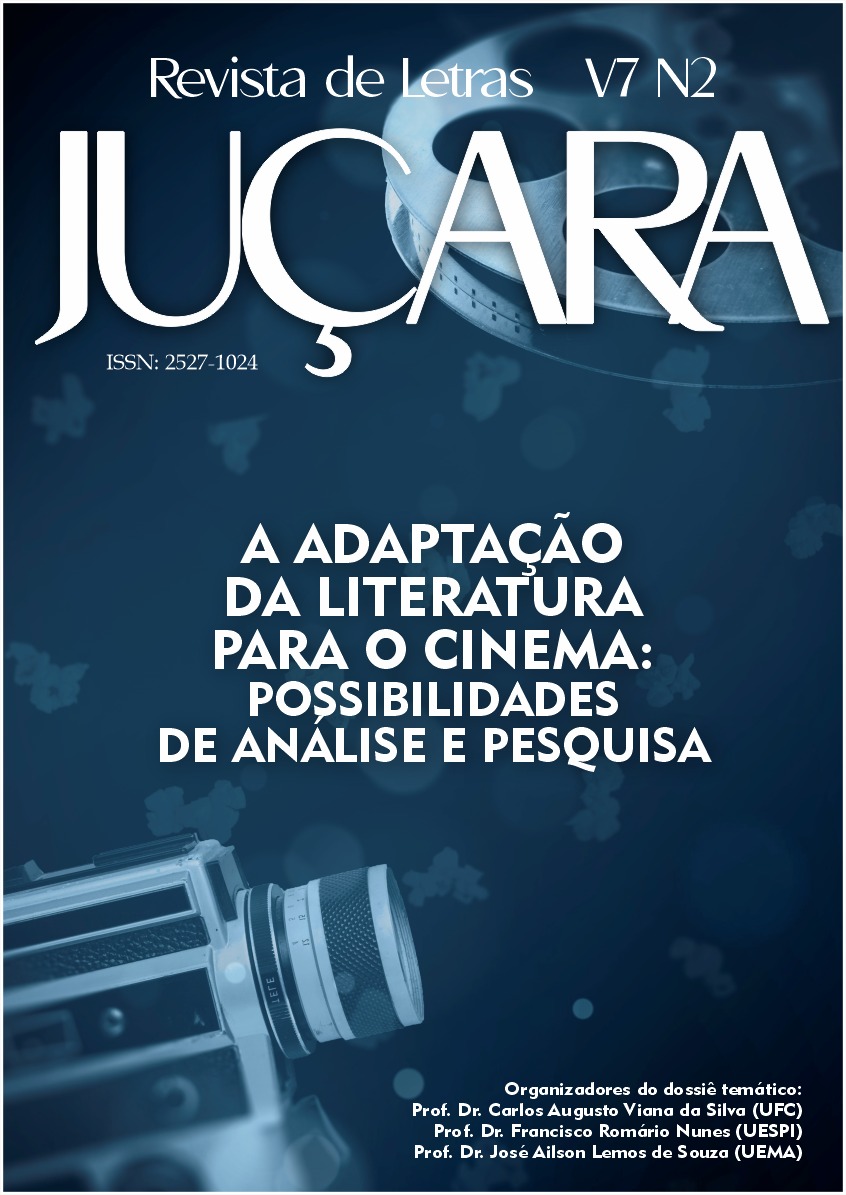THE INTERSEMIOTIC TRANSPOSITION OF STREAM OF CONSCIOUSNESS IN THE SCREEN ADAPTATION OF THE NOVEL THE HOURS
DOI:
https://doi.org/10.18817/rlj.v7i2.3400Abstract
This article establishes an intersemiotic comparative relationship between the literary work The Hours (1999), written by Michael Cunningham, and its homonymous cinematographic adaptation, directed by Stephen Daldry (2002), with the aim of analyzing how the stream of consciousness present in the novel is transposed to the screen. For this purpose, we adopt an approach that considers absolute fidelity between film and romance “unfeasible”, since literature and cinema consist of two distinct semiotic systems. This current of thought proposed by Brito (2006) and Stam (2006; 2008), in a dialogical perspective, faces the adapted film as an autonomous product and a recreation of the literary work. It is observed, finally, that the film adaptation of The Hours, having its own mechanisms of representation, achieves aesthetic results similar to those of the novel
Downloads
Published
How to Cite
Issue
Section
License
Copyright (c) 2023 João Francisco Justino Lopes, Italo Oscar Ricarrdi León

This work is licensed under a Creative Commons Attribution 4.0 International License.
A submissão de originais para a Revista de Letras Juçara implica na transferência, pelos autores, dos direitos de publicação. Os direitos autorais para os artigos publicados nesta revista são do autor, com direitos da revista sobre a primeira publicação. Os autores somente poderão utilizar os mesmos resultados em outras publicações indicando claramente a Revista de Letras Juçara como o meio da publicação original.


